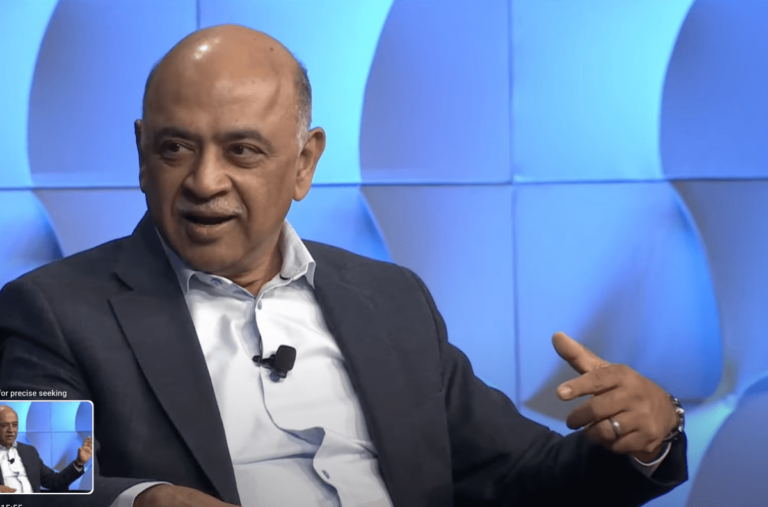Avelios Secures $31M Funding Led by Sequoia to Revolutionize Healthcare IT
The healthcare industry is witnessing a transformative shift as innovative startups like Avelios, based in Munich, Germany, aim to replace outdated hospital systems with modern, efficient healthcare software solutions. Recently, Avelios announced a significant milestone, securing €30 million (approximately $31 million) in Series A funding, signaling strong investor confidence in its vision for an advanced operating system that integrates AI and cloud services.
Funding and Growth of Avelios
Leading the funding round is Sequoia Capital from its London office, with participation from previous investors such as High-Tech Gründerfonds and Revent. Although Avelios has not disclosed its valuation, the startup has shown impressive growth, having previously raised €5 million and already securing 12 customers across Germany. Notable clients include:
- Sana Kliniken AG, one of the largest private hospital chains in Germany
- The hospital of Ludwig-Maximilians-University in Munich
- The hospital of Hannover Medical School
CEO Christian Albrecht stated in an interview with TechCrunch, “I think we’ve been quite efficient. We have a really good engineering team, and a team of 11 medical doctors here.”
Strategic Expansion Plans
With the new funding, Avelios plans to enhance its healthcare software and explore new markets, including Spain, France, and the U.K. Albrecht emphasized the importance of leveraging this investment to continue improving their systems.
A Ground-Up Approach to Healthcare Systems
Avelios is revolutionizing healthcare by adopting a comprehensive approach to healthcare systems, aiming to address the inefficiencies caused by legacy systems. The need for modernization became apparent during the COVID-19 pandemic, when the limitations of existing healthcare frameworks were highlighted.
Co-founder Sebastian Krammer, a physician, experienced firsthand the challenges posed by outdated systems, leading him to collaborate with CTO Nicolas Jakob. Their initial focus on improving patient reporting quickly evolved into a larger vision of creating a new hospital information system.
Building an End-to-End System
After extensive research and development, Avelios successfully built an end-to-end administrative system that includes:
- Electronic Health Records (EHR)
- Billing systems
- Clinical records and lab results
- Patient portals
- Collaboration environments for researchers and healthcare professionals
This comprehensive system is designed to integrate smoothly, addressing the root causes of inefficiency in healthcare data management.
Market Trends Influencing Avelios
Several market shifts have created opportunities for Avelios, including changes in the approach of major competitors like SAP. The transition of SAP’s enterprise resource planning (ERP) services to cloud architecture has left many hospitals needing to update their systems, positioning Avelios as a recommended transition partner.
Furthermore, the growing demand for AI solutions in healthcare underscores the need for structured, interoperable data systems. Legacy systems often fall short in this regard, making Avelios’s modern approach increasingly attractive.
Investor Insights
Sequoia Capital’s interest in Avelios was piqued through an introduction from Revent. According to Anas Biad, a partner at Sequoia, Avelios had quietly built a robust system over four years, successfully acquiring numerous customers despite minimal publicity. “They managed to win some of the largest private and public hospitals in Germany. We were pretty amazed and we sprinted very fast after that,” Biad remarked.
Modular Solutions for Legacy Healthcare Systems
Avelios’s strategy focuses on modular implementation, allowing healthcare organizations to gradually adopt new software without overhauling their entire systems at once. Albrecht explained, “We can land modularly with customers,” providing targeted solutions for administrative tasks before expanding to other areas.
This approach offers a flexible alternative to the “Big Bang” method often employed by legacy providers, which can lead to project failures. Hospitals can thus transition smoothly to modern systems while maintaining operational continuity.
As healthcare continues to evolve, Avelios stands out as a pioneering force dedicated to enhancing efficiency and effectiveness in the industry. For more insights on healthcare technology trends, visit HIMSS.







